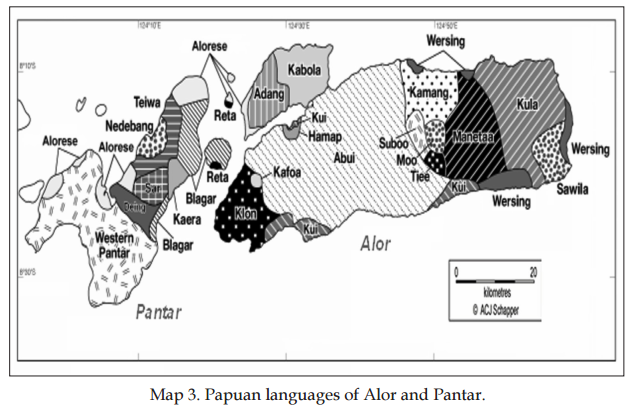In a comment, Candy asked: Can we also please talk about how “cis” is used as a term of abuse against feminists? As in, “shut up privileged cis bitches?” It’s the bit where trans activism begins to overlap with Men Rights Activism.
Messaggi di Rogue Scholar
I have a letter in today’s Times Higher Education repying to Marilyn Deegan on open-access books. The full, unedited version of the letter is in my institutional repository or below. Dear Sir, In her ‘Open access monograph dash could lead us off a cliff’ (Times Higher, 27th July 2017), Marilyn Deegan attacks a series of straw arguments about open access for books that have little basis in policy reality.
There has been a lot of angst about the newly proposed non-portability requirements for REF2021 and beyond, particularly from ECRs. I want to say upfront that I do not want to disparage such worries; I speak from a position of privilege, having a permanent position even though I am, by RCUK standards, myself an Early-Career Researcher. I do, though, want to set out why I think these fears are misplaced/over-blown.
Last week I attended the rather enjoyable English: Shared Futures conference and participated in a panel titled “How to Get Published as an Early Career Academic”. This was a worthwhile thing to do, although it’s a shame we need this.

Last January I wrote that the purpose of phonetic transcription is to talk about differences in pronunciation. Last December I introduced accent tags, a fascinating genre of self-produced YouTube videos of crowdsourced dialectology and a great source of data about language variation. I put these together when I was teaching a unit on language variation for the second-semester Survey of Linguistics course at Saint John’s University.
Dear Walt, A response to your letter, albeit only briefly as it is late here on a Friday but I have only just seen this.

In mid-2015, Art Winslow caused something of an online furore when he suggested that the pseudonymously-authored novel by “Adrian Jones Pearson”, Cow Country , was, in fact, a work by Thomas Pynchon. A full-blown argument then erupted when this was countered by Nate Jones and Pynchon’s own publisher.

When Timm, Laura, Elber and I first ran the @everytreenyc Twitter bot almost a year ago, we knew that it wasn’t actually sampling from a list that included every street tree in New York City. The Parks Department’s 2015 Tree Census was a huge undertaking, and was not complete by the time they organized the Trees Count! Data Jam last June. There were large chunks of the city missing, particularly in Southern and Eastern Queens.

You may remember that, a while back, the editorial board of Elsevier’s journal, Lingua , decided to leave the publisher to setup a new journal called Glossa that would be totally open access with no author-facing charges. The new journal is published by Ubiquity Press and has ongoing support from the Open Library of Humanities.
